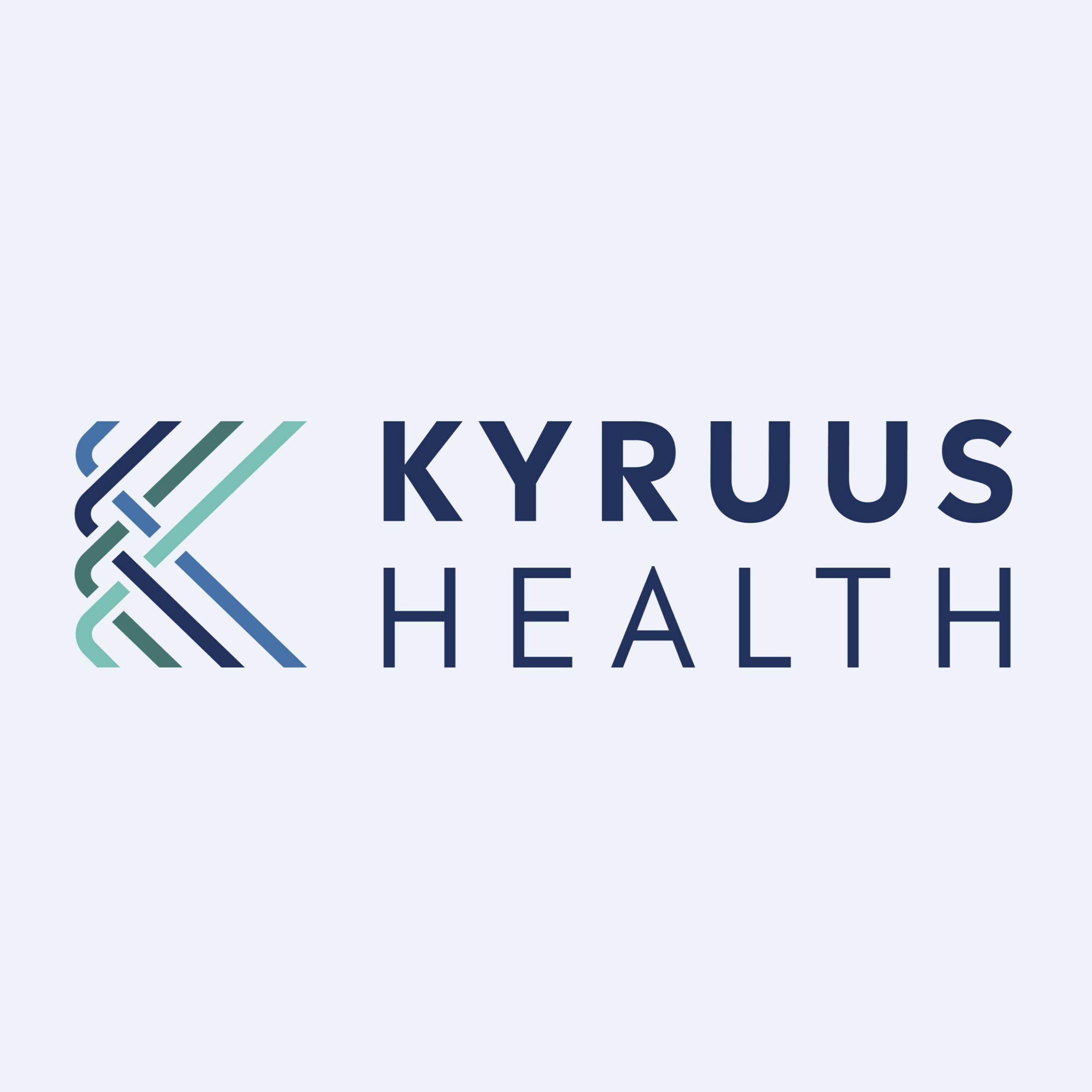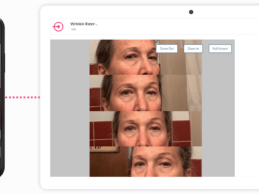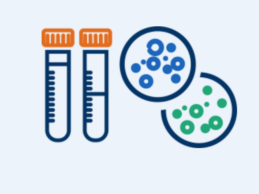Nursing homes care for the elderly, people with disabilities, or those who are terminally ill. However, abuse can take many different forms in nursing homes and can devastatingly impact the residents. It’s especially true if the abuse is not reported or if it's not taken seriously. The elderly and those with dementia are especially at risk for abuse, as they may not be able to communicate their needs or recognize when they're being mistreated.
Implementing some steps can help protect the
Read More
Nearly 60% of Hospitals and Health Systems Have More Than 100 Job Vacancies
What You Should Know:
- More than 57 percent of health systems and hospitals have more than 100 open roles to fill across their operations, according to new AKASA survey where more than 400 healthcare finance leaders identified vacancies across their healthcare organizations and the revenue cycle.
- The findings reveal how insufficient staffing is hampering daily operations and pushing a strained workforce to the limit.
Combating Vacancies with AI-Powered Automation
Additionally, one
Read More
Treating Incontinence With Telehealth
Telehealth or telemedicine refers to providing healthcare using telecommunications technology. For example, doctors may provide consultation and diagnosis remotely for various health concerns, including urinary incontinence. There were multiple studies and programs for treating incontinence using telehealth, and many showed positive outcomes.
One initiative was an 8-week course given to some participants with moderate incontinence symptoms. It involved exercises, self-monitoring, bladder
Read More
Applied XL Raises $3.5M for Real-Time Data Tracking Platform
What You Should Know:
- Applied XL, a real-time information company tracking disruptions to the health of people, places, and the planet, today announced it had raised $3.5 million in seed funding led by Hearst Ventures with the participation of the Boston Globe Media Partners and STAT, which are owned by the Henry family.
- The latest round brings Applied XL’s total funds raised to date to $5 million in the last 12 months. The company will use the new funding to scale its first vertical
Read More
UPMC Invests in Kyruus’ Provider Match To Optimize Patient Access
- UPMC, a Pittsburgh-based healthcare provider and insurer, announced it is expanding its strategic partnership with Kyruus to further optimize patient access.
- UPMC has been a Kyruus customer since 2019 and now will be directly investing in the company and collaborating on the future development of Kyruus’ ProviderMatch platform. Last year, UPMC expanded its relationship with Kyruus to enable consumers to find care and book appointments — directly into the
Read More
Accenture & Astellas Pharma Create Next-Generation Cloud-Based IT Core Platform
What You Should Know:
- Accenture announced it helped Astellas Pharma Inc. create a cloud-based core IT platform that serves as the foundation for an advanced, data-driven management model for the company’s global operations, which has been rolled out in the Americas, EMEA and Japan, with plans for further deployments.
- The new platform will help Astellas to rapidly incorporate new and emerging technologies; accommodate business expansions, such as
Read More
Platform Launches to Help Eliminate Biases in Decentralized Trials
What You Should Know:
- Obviohealth, a decentralized clinical trial platform, has launched a new AI-assisted clinical raters platform to eliminate biases from trials.
The platform Augmented ePRO (electronic patient-reported outcomes), has been designed to assist clinical raters to better score patient outcomes, without biases.
Why It Matters
As more trials take place virtually or decentralized, clinical researchers are at the mercy of the quality of the information provided by the
Read More
DrChrono and Solv Integrates to Enhance the Patient Experience
What You Should Know:
- DrChrono Inc., an EverHealth® solution that is developing an essential platform and services for modern medical practices, today announced an integration partnership with Solv, an app that delivers everyday healthcare on-demand, equipping providers with the technology they need to improve patient access to quality healthcare, virtually or in person.
- The integration aims to ultimately provide a simple, friendly, and transparent experience that increases
Read More
iSpecimen Expands COVID-19 Research with Sequences Specimens to Detect Variants
What You Should Know:
- iSpecimen, the developer of an online marketplace that connects human biospecimen with researchers, announced that is has expanded its supplier capabilities in support of COVID-19 researchers.
- Through a new partnership with a reference lab in New York, researchers looking to validate their own COVID variant identification assays can obtain sequenced and unsequenced COVID-19 positive and negative swabs in a variety of media types through iSpecimen. This lab is
Read More
6 Top Reasons to Consider In-Home Care For Elderly
Your aging loved ones need special care and attention. Whether it is taking care of their health or helping them with daily chores, your elderly parents may require assistance to live healthily and comfortably. It’s possible that you cannot be there for 24x7 assistance, but you can look for different in-home care options.
Home care proves to be the best solution for many families as it allows their elderly loved ones to stay within the comfort of their homes and seek proper healthcare. Some
Read More









